Sleep and Muscle Growth – The Surprising Link You’re Ignoring
When it comes to building muscle and enhancing athletic performance, most people focus on their workouts, nutrition, and supplements. However, there’s one critical factor that often gets overlooked—sleep. You might be pushing yourself to the limit in the gym, following a strict diet, and taking the latest muscle-building supplements, but without proper sleep, all those efforts may be in vain. Sleep plays an essential role in muscle growth and recovery, yet it’s one of the most neglected aspects of fitness. In this article, we’ll explore the surprising link between sleep and muscle growth and why prioritizing rest might be the missing piece in your fitness journey.
The Importance of Sleep for Muscle Recovery
Muscle growth doesn’t happen during your workout—it happens during recovery, and this is where sleep comes into play. When you engage in resistance training or any other form of exercise that targets muscles, you’re essentially breaking down muscle fibers. This process is known as muscle catabolism, and it is the first step in muscle development.
Your body then enters a recovery phase where it rebuilds the broken muscle fibers, making them thicker and stronger. This is known as muscle anabolism. However, the rebuilding process requires energy, and it primarily occurs during rest, especially when you’re asleep. Without sleep, the body doesn’t have the time or resources to repair muscle tissue properly.
The Role of Growth Hormone in Muscle Growth
One of the main reasons sleep is so important for muscle growth is its connection to growth hormone (GH). Growth hormone is a critical hormone that stimulates tissue growth and repair, including muscle tissues. It plays a vital role in increasing muscle mass, reducing body fat, and speeding up recovery from exercise.
The majority of growth hormone is released during deep sleep, particularly during slow-wave sleep (SWS), the deepest phase of the sleep cycle. During SWS, the body’s repair processes are at their peak, and the release of growth hormone is maximized. Studies have shown that sleep deprivation leads to lower levels of growth hormone, which can significantly hinder muscle recovery and growth.
Sleep and Protein Synthesis
Another crucial process for muscle growth is protein synthesis. This is the process by which cells build proteins that are needed to repair and grow muscle tissue. While protein synthesis occurs throughout the day, it is particularly heightened during sleep. The body’s ability to absorb and use protein for muscle recovery is at its highest during sleep.
When you sleep, your body is in a fasting state, which means it is not receiving new nutrients through food. This is why it’s essential to consume high-quality protein sources, such as casein (a slow-digesting protein), before bed. Casein provides a steady supply of amino acids throughout the night, aiding in muscle repair and growth while you sleep.
Sleep and Cortisol Levels
Cortisol is a hormone released in response to stress. While cortisol is necessary for various bodily functions, chronic high levels of cortisol can have a negative impact on muscle growth. Elevated cortisol levels can lead to muscle breakdown (catabolism), making it harder for your body to recover from exercise and build muscle.
When you sleep, your cortisol levels naturally decrease, allowing your body to shift from a catabolic (muscle breakdown) to an anabolic (muscle-building) state. However, poor sleep or insufficient sleep can result in chronically high cortisol levels, which can interfere with muscle repair and hinder the muscle-building process.
The Impact of Sleep Deprivation on Muscle Growth
Sleep deprivation has been shown to have numerous negative effects on physical performance and muscle growth. Inadequate sleep can:
-
Reduce Strength and Endurance: Sleep deprivation leads to fatigue, reducing your ability to perform intense workouts. Lower performance means less muscle stimulation and less growth.
-
Impair Recovery: Without adequate sleep, your body cannot repair muscle tissue effectively, leading to slower recovery times and increased risk of injury.
-
Increase Cortisol Levels: As mentioned earlier, lack of sleep elevates cortisol levels, which can break down muscle tissue and impair muscle-building efforts.
-
Alter Hormonal Balance: Sleep deprivation can disrupt the balance of key hormones, such as testosterone, which plays a crucial role in muscle growth. Studies have shown that even short-term sleep deprivation can reduce testosterone levels, negatively affecting your ability to build muscle.
-
Decrease Protein Synthesis: Insufficient sleep can lead to decreased protein synthesis, slowing down the muscle recovery process.
How Much Sleep Do You Really Need?
The amount of sleep required for optimal muscle growth varies depending on the individual and factors like age, training intensity, and overall health. However, most adults need between 7-9 hours of sleep each night for optimal muscle recovery and performance.
Athletes and individuals who train intensely may require even more sleep to fully recover. In fact, elite athletes often sleep 9-10 hours a night to ensure they are recovering properly and maximizing their training results.
Tips for Improving Sleep for Muscle Growth
If you’re not getting enough sleep, you’re likely sabotaging your muscle growth. Here are some practical tips to improve the quality and quantity of your sleep:
-
Stick to a Consistent Sleep Schedule: Going to bed and waking up at the same time every day helps regulate your body’s internal clock, making it easier to fall asleep and wake up refreshed.
-
Create a Sleep-Friendly Environment: Make sure your bedroom is quiet, dark, and cool. Use blackout curtains if needed and eliminate noise disturbances.
-
Limit Screen Time Before Bed: The blue light emitted by phones, tablets, and computers can interfere with the production of melatonin, a hormone that helps regulate sleep. Try to avoid screens for at least an hour before bed.
-
Avoid Stimulants: Caffeine, nicotine, and other stimulants can interfere with sleep. Avoid consuming these substances in the afternoon or evening.
-
Consider a Pre-Sleep Routine: Engage in relaxing activities, such as reading, meditation, or light stretching, to help your body wind down before bed.
-
Take Short Naps If Needed: If you didn’t get enough sleep the night before, taking a short nap (20-30 minutes) during the day can help alleviate fatigue without interfering with your nightly sleep.
-
Eat a Balanced Diet: Ensure you’re consuming a balanced diet with sufficient protein, healthy fats, and carbohydrates to support muscle growth and overall recovery. Avoid heavy meals close to bedtime, as they can disrupt sleep.
Conclusion
Sleep is not just a passive activity—it’s an active and essential process for muscle growth, repair, and overall physical performance. If you’re serious about building muscle, improving your athletic abilities, and maximizing your recovery, prioritizing sleep should be a non-negotiable part of your routine. By ensuring you get sufficient, high-quality sleep, you’ll set yourself up for better performance in the gym and faster, more effective muscle growth. Don’t overlook the power of rest—it may be the key to unlocking your full potential.
